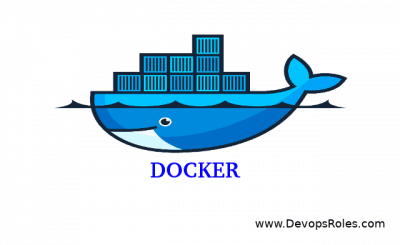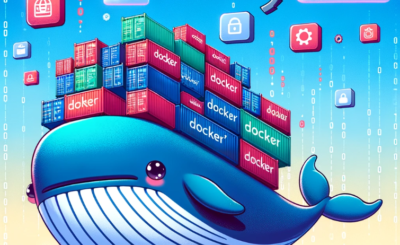Table of Contents
What is DevOps?
DevOps is a software development approach that aims to combine software development (Dev) and IT operations (Ops) to improve the speed, quality, and reliability of software delivery. Trends for DevOps engineering
It is a set of practices that emphasize collaboration, communication, automation, and monitoring throughout the entire software development lifecycle (SDLC).
The main goal of DevOps is to enable organizations to deliver software products more quickly and reliably by reducing the time and effort required to release new software features and updates.
DevOps also helps to minimize the risk of failures and errors in software systems, by ensuring that development, testing, deployment, and maintenance are all aligned and integrated seamlessly.

Some of the key practices and tools used in DevOps engineering
- continuous integration (CI)
- continuous delivery (CD)
- infrastructure as code (IaC)
- automated testing
- Monitoring and Logging.
- Collaboration and Communication: DevOps places a strong emphasis on collaboration and communication between development and operations teams
Here are some of the key trends and developments that are likely to shape the future of DevOps engineering in 2024:
- Increased adoption of AI/ML and automation
- Focus on security and compliance
- Integration with cloud and serverless technologies
- DevSecOps
- Shift towards GitOps: GitOps is a new approach to DevOps that involves using Git as the central source of truth for infrastructure and application configuration.
DevOps Tools
Here are some of the most commonly used DevOps tools:
- Jenkins: Jenkins is a popular open-source automation server that is used for continuous integration and continuous delivery (CI/CD) processes. Jenkins enables teams to automate the building, testing, and deployment of software applications.
- Git: Git is a widely used distributed version control system that enables teams to manage and track changes to software code. Git makes it easy to collaborate on code changes and to manage different branches of code.
- Docker: Docker is a containerization platform that enables teams to package applications and their dependencies into containers. Containers are lightweight, portable, and easy to deploy, making them a popular choice for DevOps teams.
- Kubernetes: Kubernetes is an open-source container orchestration system that is used to manage and scale containerized applications. Kubernetes provides features such as load balancing, auto-scaling, and self-healing, making it easier to manage and deploy containerized applications at scale.
- Ansible: Ansible is a popular automation tool that is used for configuration management, application deployment, and infrastructure management. Ansible enables teams to automate the deployment and management of infrastructure and applications, making it easier to manage complex systems.
- Grafana: Grafana is an open-source platform for data visualization and monitoring. Grafana enables teams to visualize and analyze data from various sources, including metrics, logs, and databases, making it easier to identify and diagnose issues in software applications.
- Prometheus: Prometheus is an open-source monitoring and alerting system that is used to collect and analyze metrics from software applications. Prometheus provides a powerful query language and an intuitive user interface, making it easier to monitor and troubleshoot software applications.
Some trends and tools in DevOps space in the coming years
Cloud-Native Technologies: cloud-based architectures and cloud-native technologies such as Kubernetes, Istio, and Helm are likely to become even more popular for managing containerized applications and microservices.
Machine Learning and AI: As machine learning and AI become more prevalent in software applications, tools that enable DevOps teams to manage and deploy machine learning models will become more important. Some emerging tools in this space include Kubeflow, MLflow, and TensorBoard.
Security and Compliance: With increasing concerns around security and compliance, tools that help DevOps teams manage security and compliance requirements throughout the SDLC will be in high demand. This includes tools for security testing, vulnerability scanning, and compliance auditing.
GitOps: GitOps is an emerging approach to infrastructure management that emphasizes using Git as the single source of truth for all infrastructure changes. GitOps enables teams to manage infrastructure as code, enabling greater automation and collaboration.
Serverless Computing: Serverless computing is an emerging technology that enables teams to deploy and run applications without managing servers or infrastructure. Tools such as AWS Lambda, Azure Functions, and Google Cloud Functions are likely to become more popular as serverless computing continues to gain traction.
Conclusion
To succeed with DevOps engineering, organizations must embrace a variety of practices, including continuous integration, continuous delivery, testing, monitoring, and infrastructure as code. They must also leverage a wide range of DevOps tools and technologies to automate and streamline their software development and delivery processes.
Ultimately, DevOps is not just a set of practices or tools, but a cultural shift towards a more collaborative, iterative, and customer-centric approach to software development. By embracing DevOps and continuously improving their processes and technologies, organizations can stay competitive and deliver value to their customers in an increasingly fast-paced and complex technology landscape. DevopsRoles.com for more information about it.

